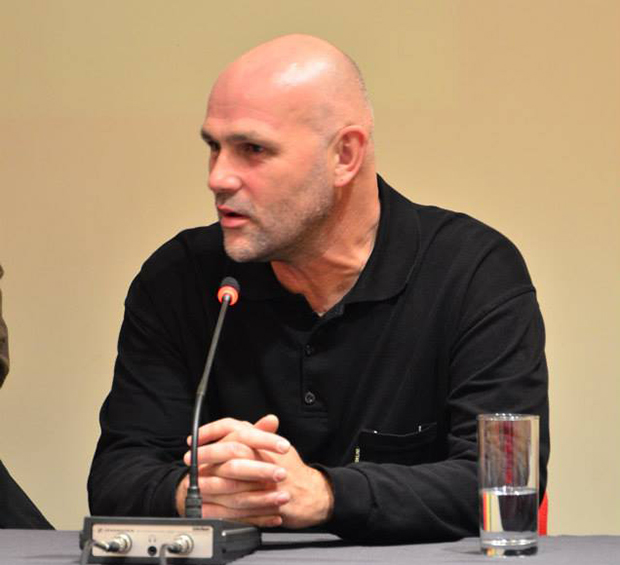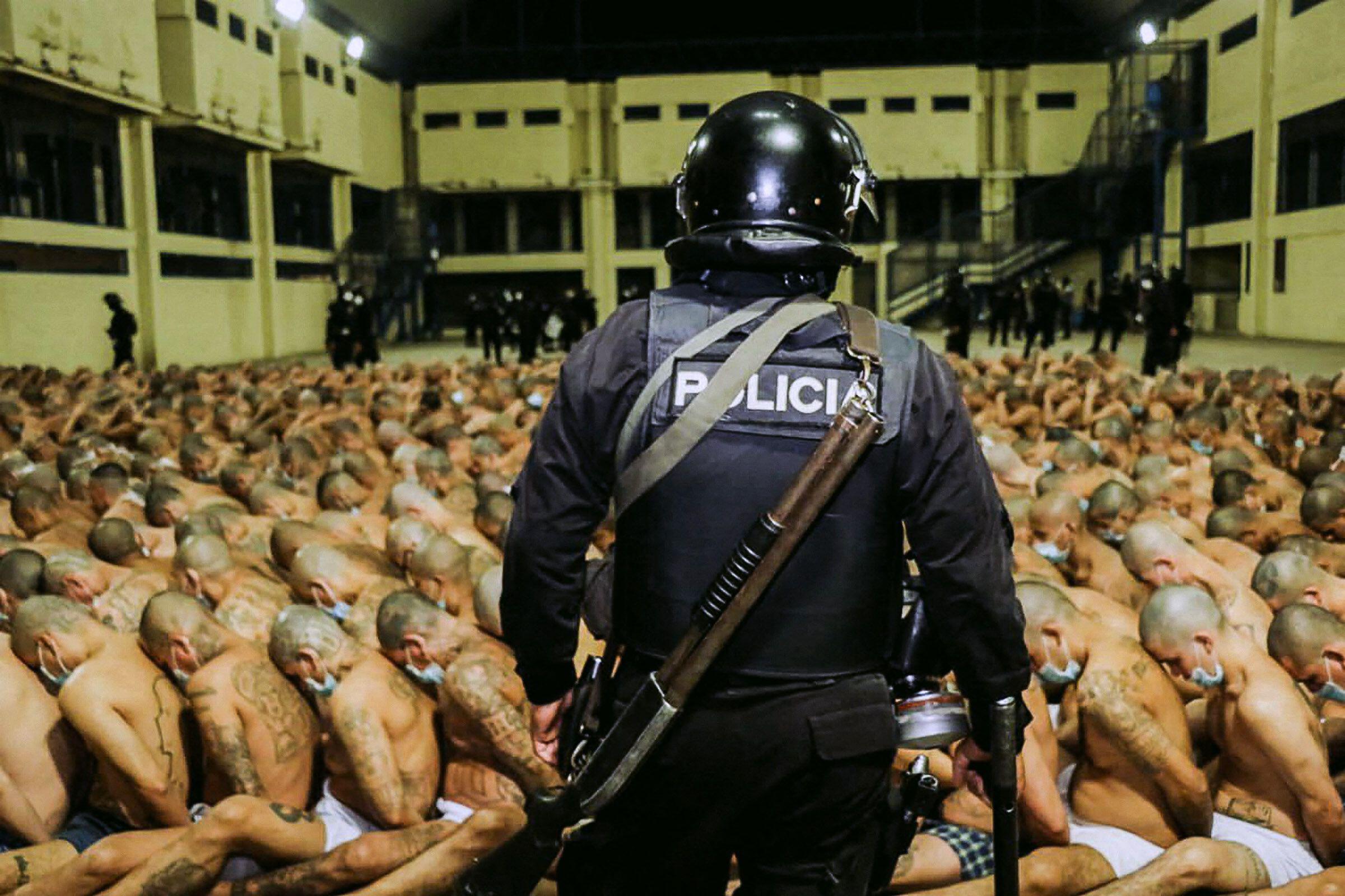
Sasa Lekovic at a Mediacentar Sarajevo event in 2013 (Photo: Mediacentar Sarajevo)
Over the past few months, death threats, physical assaults and intimidation have plagued the Croatian media. This drastic deterioration of media freedom is recorded through Index’s Mapping Media Freedom. In the first year of the campaign — from May 2014 — there were 24 verified incidents in Croatia. Between May and August 2015, there were 14, a 75% rise in verified reports over the same period last year.
This surge in media violations was recently addressed by the Croatian Journalists’ Association (CJA) and an OSCE representative on Freedom of the Media. In a statement published on its website, the CJA highlighted impunity as one of the main issues hindering media freedom throughout the country. “The CJA once again calls on authorities to find and adequately punish those who have threatened and attacked journalists, and to also find those who potentially ordered the attacks.”
The primary concern of the CJA is the long line of unresolved cases surrounding death threats and attacks on journalists. Exactly one year since freelance journalist Domagoj Margetic was brutally beaten in front of his apartment in Zagreb — an attack the Croatian State Prosecution has characterised as attempted murder — information on the attacker and the motive remain absent. Other unresolved cases include that of Antonio Mlikota, graphic editor at the Hrvatski Tjednik newsroom who was bound and threatened with a gun, and Hrvoje Simicevic, a journalist at H-Alter who was physically assaulted. There was also a series of death threats addressed to Katarina Maric Banje, a journalist for Slobodna Dalmancija, Drago Pilsel, editor-in-chief of the Autograf website, and Sasa Lekovic, the president of the CJA, along with others that have not been made public.
In light of the influx of violence, Index spoke to Lekovic, who also received a death threat. Lekovic assumes it was issued as a result of his new role, adding that the CJA makes people who want to control the media very nervous.
Discussing the most prominent threats to media freedom, he emphasised that “journalists in Croatia are under mixed pressure from politicians, media owners, mighty tycoons and organised crime.” Lekovic says this is not particularly new, adding that for almost two decades journalists have been subjected to such threats. “Generally speaking, it isn’t easy to discern the small distinction between these actors, if any.”
Although the primary threat to media freedom is self-censorship, the lack of media integrity is also a problem. “On one hand, we have a number of media outlets, especially web portals, not following any professional standard; they are actually using media freedom against the media,” Lekovic told Index. “On the other hand, we also have some laws that are used against professionals to suspend their right to serve public interest.”
In recent years, the CJA has taken multiple steps towards fostering a more relaxed and professional environment for media workers. Among other measures, they started a project called The Center for Protection of Public Speech.
“We have lawyers who are helping journalists that are in danger, including providing pro bono support and court representation. On the other hand, the CJA is going to work on ideas that better media legislation and their implementation and ones that will improve media literacy and training,” Lekovic says. “It’s all connected and is a long-term job that will not be completed overnight.”
On deteriorating media freedom, Lekovic says the current climate is notably worse than it was two years ago. He explains that “when Croatia was applying to become an EU member, it was under pressure to fulfill EU legislative requirements within the media sphere, but once the country joined the EU, nobody cared about upholding them”.
The OSCE Representative on Freedom of the Media, Dunja Mijatovic, has called on Croatian authorities to protect critical voices and to investigate the increase in attacks on journalists. Mijatovic wrote to Croatia’s Foreign Minister, Vesna Pusic, calling for swift and transparent investigations.
“As far as I am aware, all these cases remain unresolved,” Mijatovic wrote. “Condemnation coming from the highest level of government should be a clear sign that these acts of intimidation and violence against journalists will not be tolerated.”
Lekovic added that Croatia’s upcoming parliamentary election due by February 2016 is adding to the pressure.
Mapping Media Freedom
|
Related:
• Croatia: 35 reports since May 2014
This article was published at indexoncensorship.org on 28/8/2015




